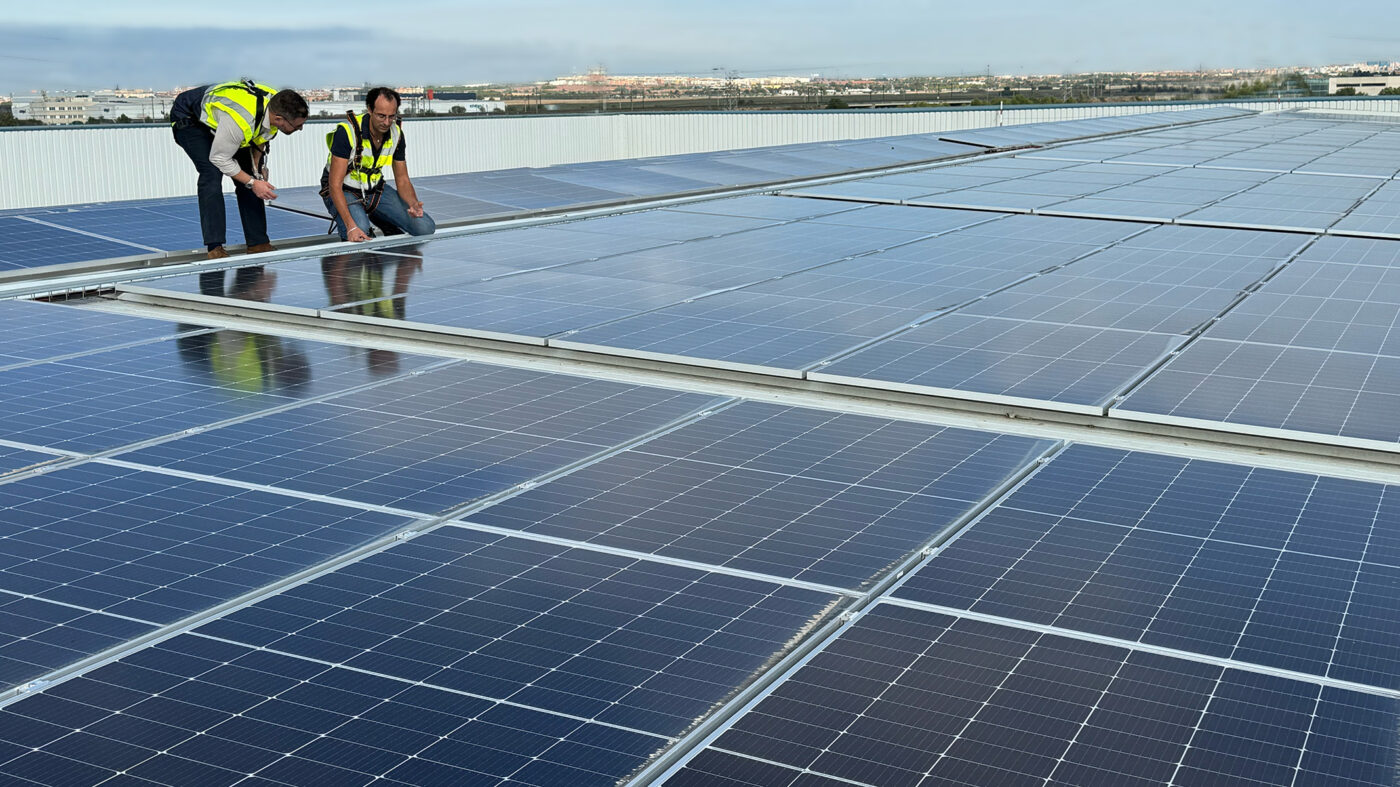This website uses cookies so that we can provide you with the best user experience possible. Cookie information is stored in your browser and performs functions such as recognising you when you return to our website and helping our team to understand which sections of the website you find most interesting and useful.
Strictly Necessary Cookies
Strictly Necessary Cookie should be enabled at all times so that we can save your preferences for cookie settings.
Marketing & data collection
This website uses the following 3rd party cookies:
Google Analytics & Facebook Pixel to collect anonymous information such as the number of visitors to the site, and the most popular pages. Keeping this cookie enabled helps us to improve our website.
WPML cookies that handles the language on the website, e.g. storing the current language and support language handling.
Ebbot cookies related to supporting the generative AI chat, e.g. chat widget and search page.
Please enable Strictly Necessary Cookies first so that we can save your preferences!
Cookie Policy
More information about our Cookie Policy



